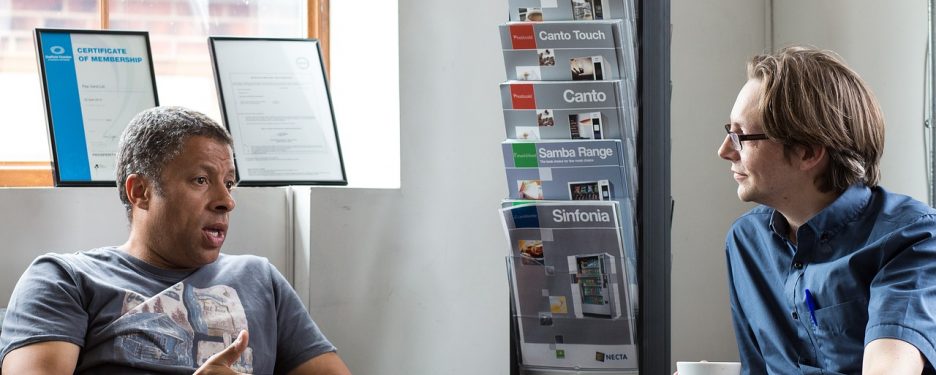Working with people online and from my practice in West London, I have seen how conflicts, both big and small, can strain the fabric of our relationships. Whether it's a disagreement with a spouse, a misunderstanding with a colleague, or a falling out with a friend, conflicts are an inevitable part of the human experience. In this blog post, the fourth in my series about relationships, I want to explore the art of conflict resolution and share strategies for strengthening relationships through open and honest dialogue.
Understanding Conflict
Conflicts happen when people feel their needs, goals, or values don't match up. In personal relationships, conflicts often come from not communicating clearly, having different expectations, or feeling emotionally unfulfilled. At work, conflicts can be caused by competing interests, not having enough resources, or clashing personalities. When conflicts aren't resolved, they can break down trust, lead to bitterness and anger, and harm the relationships we care about. By addressing conflicts head-on, we have the chance to understand each other better and make our connections stronger.
The Importance of Effective Conflict Resolution
Effective conflict resolution is essential for preserving and strengthening our relationships. By addressing conflicts head-on with empathy and openness, we create opportunities for growth, deepen our understanding of one another, and build resilience in the face of challenges.
Key Principles of Conflict Resolution
Effective conflict resolution involves empathy, active listening, assertive communication, and collaboration. It requires us to seek understanding, express our needs respectfully, and work together to find mutually beneficial solutions.
The Conflict Resolution Process
To resolve conflicts, create a safe environment for open dialogue, identify the issues, explore each person's needs and concerns, generate and evaluate potential solutions, and reach a fair resolution. Follow up to ensure the solution is working.
Overcoming Barriers to Conflict Resolution
Conflict resolution can be challenging due to intense emotions, power imbalances, and cultural differences. Approach these barriers with patience, flexibility, and a commitment to understanding. Manage reactivity, acknowledge inequities, and adapt communication styles as needed.
The Benefits of Successful Conflict Resolution
Resolving conflicts effectively strengthens relationships, improves communication and problem-solving skills, and builds resilience. It leads to greater overall well-being and satisfaction, providing tools to navigate the ups and downs of human connection.
If you're struggling to resolve a conflict in your personal or professional life, know that you don't have to face it alone. As a counsellor at Hope and Harmony, I'm here to provide guidance and support as you work to strengthen your relationships through open and honest dialogue. Together, we can explore the roots of the conflict, develop strategies for effective communication, and build the skills you need to create lasting, fulfilling connections. Reach out today to learn more about how counselling can help you navigate the complex world of human relationships.


